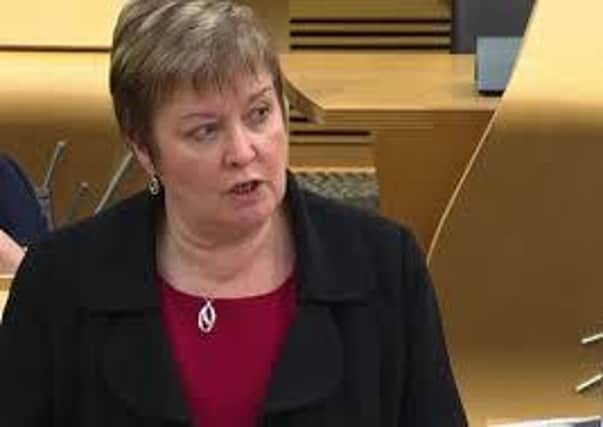Low paid Scots and self-employed to "bear the brunt" of COVID19 economic hit


Average incomes are set to fall during the pandemic and those in already low paid professions like the tourism and hospitality industry could bear the brunt, according to a report by the Fraser of Allander Institute economic think tank.
There are now calls for the Scottish Government to focus on providing financial safety for those likely to be worst hit.
Advertisement
Hide AdAdvertisement
Hide AdThe report today is based on new statistics on household income for the UK, including Scotland.
It warns that industries such as tourism, hospitality and (non-food) retail are on the front line of business closures.
"These sectors do not tend to be well paid, which suggests that those who see a reduction in income from these sectors will be concentrated in (but not limited to) the lower end of the income distribution" it states.
And despite the support package announced by Chancellor Rishi Sunack last week, the the self-employed are another key at risk group.
"Families with a self-employed worker tend to be distributed throughout the income distribution," it adds.
"In most years we see a cluster right at the bottom and right at the top. Again, not all self-employed people will be affected, and some will be able to weather the storm better than others due to cash reserves and/or an ability to cut costs quickly."
The report adds: "Given the scale of the disruption to the economy, we are likely to see some reduction in income at the median. Whilst concerning that average living standards will dip (albeit hopefully only temporarily), those who may be least able to cope with a fall in income are those who are already on low incomes.”
In 2016/17 – 2018/9, average weekly income for a two adult household on the poverty line was £310 before housing cost are taken into account, according to the research.
Advertisement
Hide AdAdvertisement
Hide Ad"Clearly, a further fall in income will be extremely difficult to deal with."
While there are statutory targets to tackle child poverty in Scotland, even pre COVID-19, the latest statistics show that Scotland is still far away from meeting these targets.
Labour finance spokeswoman Rhoda Grant said: "This report shows clearly the immense financial strain that more deprived households are under.
“It is clear that it will be these households that will bear the financial brunt of the COVID-19 pandemic and that there exists the clear and present danger that these households may slip into poverty."
She added: “Scottish Labour is willing to work with the Scottish Government to investigate what more we can do to provide financial safety to the most deprived households and we are prepared to do all we can to prevent child poverty and hunger rising in this time of crisis.”
The Scottish Government has already announced a £2.2 billion package of measures to offset the economic impact of the virus, including an extra £350 million of funding for the third sector and councils to help people cope.
The Scottish Welfare Fund, providing community grants and crisis grants for those in most need, has been more than doubled by ministers.